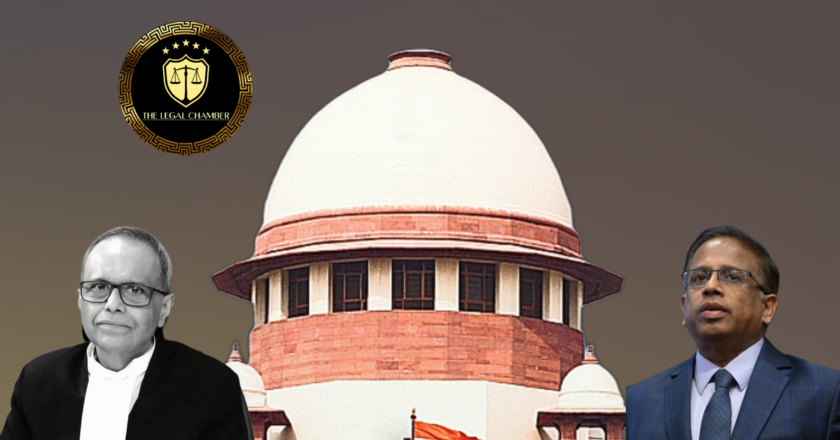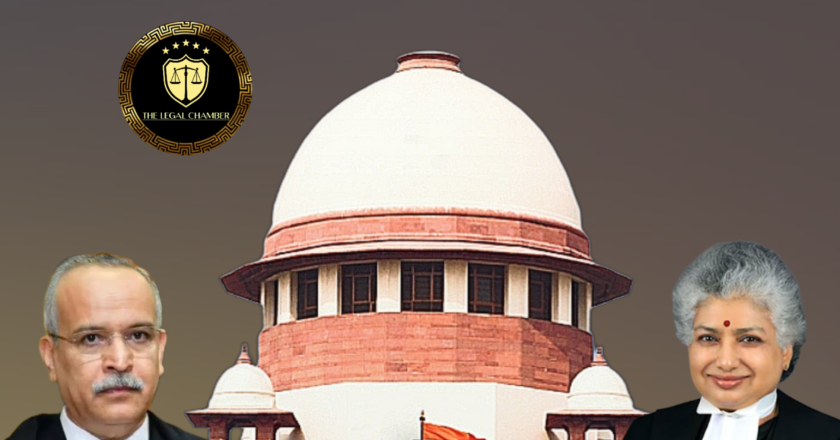Supreme Court Ensures Consumer Rights Are Enforced : No More Paper Decrees
This judgment addresses an anomaly in Section 25 of the Consumer Protection Act, 1986, as amended in 2002, which inadvertently limited enforcement to "interim orders" only. The Supreme Court applied purposive interpretation to read "any order" in place of "interim order," thereby allowing enforcement of final orders as decrees under CPC Order XXI for the period 2003–2020. It also clarified that appeals against execution orders lie only to the State Commission, with no further appeal.
Facts Of The Case:
The appellant, Palm Groves Cooperative Housing Society Ltd., comprising flat purchasers, filed a consumer complaint against the respondent builder, M/s Magar Girme and Gaikwad Associates, alleging deficient services and seeking execution of a conveyance deed for the common areas. The Distr...




